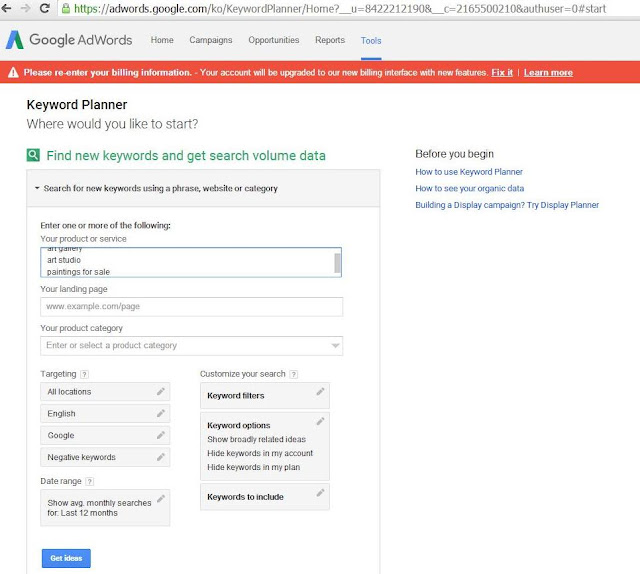Just About Everything Digital Media and Marketing
And All the SEO Facts, Fiction, Ethics and Opportunities We Can come Up With
When: every second Saturday starting Jan. 16, 2016 from 1 – 3:00 PM
Where: ARA Mental Health Drop-In Centre, 163 W Pender
Whether you are new to the Internet and want to participate or have extensive experience to share, this think tank / help forum is for you.
All interested are welcome to participate!
(refreshments and small snacks– available during break for participants)
The initial pilot study group will cover these six modules:
Jan. 16, 2016 - Search Engines, Job/Family/Friends Search and SEO
Jan. 30, 2016 - Emailing, Communication and General Internet Security
Feb. 13, 2016 - Social Media – Privacy Issues, Facebook, Youtube, LinkedIn, Twitter, Business Promotion
Feb. 27, 2016 - Exploring Cyberculture: Influence, Impact and Relevance to Contemporary Society
Mar. 12, 2016 - Blogging for Sharing Art, Open Journaling, Activism, Politics, Recovery, Industry and Technical Writing …
Mar. 26, 2016 - Online Internet Marketing, Ebay, Craigslist, Kijiji …
A Joint Project Sponsored, Supported and Facilitated by UBC Humanities 101 Community Programme, Recovery by Design and ARA Mental Health Advocacy
Examinations of Facts, Fiction, Ethics and Opportunities in Everything Digital Media
When: Every Second Saturday from 1:00 – 3:00 p.m. Next session February 13, 2016
Where: ARA Mental Health Drop-In Centre, 163 W Pender
Facilitators: Fred Joly Recovery by Design and Hum Program Assistant Wil Steele
Resource Room and Venue: ARA Mental Health Action, Research and Advocacy
All skill levels from experts to the curious join in discussion of a variety of relevant digital media subjects. All perspectives could be explored but the focus of each session is to highlight the advantages individuals can have by introducing digital media in their lives. Opportunities to learn new forms of communication with friends, family and other support networks is always encouraged. Fears and misunderstandings are cleared in order to assist others in escaping isolation and offering them a vessel for either public or private creative expression. In these capacities, both aspiring artists and those seeking additional recovery related tools could be greatly benefited. Help will be on hand to get newcomers started with email, social media, blogging and other networking accounts. Skill sharing is expected.
When: Every Second Saturday from 1:00 – 3:00 p.m. Next session February 13, 2016
Where: ARA Mental Health Drop-In Centre, 163 W Pender
Facilitators: Fred Joly Recovery by Design and Hum Program Assistant Wil Steele
Resource Room and Venue: ARA Mental Health Action, Research and Advocacy
All skill levels from experts to the curious join in discussion of a variety of relevant digital media subjects. All perspectives could be explored but the focus of each session is to highlight the advantages individuals can have by introducing digital media in their lives. Opportunities to learn new forms of communication with friends, family and other support networks is always encouraged. Fears and misunderstandings are cleared in order to assist others in escaping isolation and offering them a vessel for either public or private creative expression. In these capacities, both aspiring artists and those seeking additional recovery related tools could be greatly benefited. Help will be on hand to get newcomers started with email, social media, blogging and other networking accounts. Skill sharing is expected.

